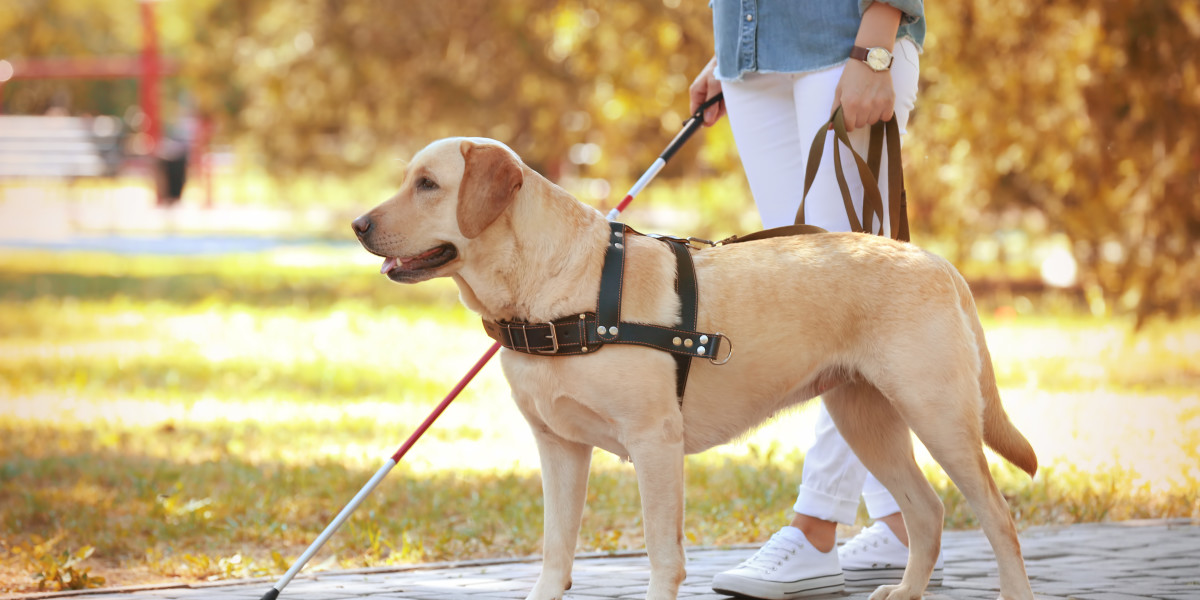
Service dogs and therapy dogs play a vital role in helping people with special needs, whether they have physical disabilities, medical conditions or emotional problems. These dogs are specially trained to provide support, companionship and assistance to improve the quality of life of their owners. Here are some dog breeds commonly used as service dogs and therapy dogs:
Service dogs:
Labrador Retriever: Labrador retrievers are one of the most popular choices for service jobs due to their intelligence, loyalty, and friendly temperament. They excel in a variety of roles, including mobility aids and guide dogs.
Golden Retriever: Golden retrievers are known for their gentle nature and willingness to please, making them excellent service dogs for people with disabilities.
German Shepherd: German Shepherds are highly trainable and versatile, making them suitable for a wide range of service tasks, including mobility assistance and medical alerts.
Poodle (Standard): Standard Poodles are intelligent, hypoallergenic, and are often used as guide dogs or for people with allergies.
Border Collies: Border collies are highly intelligent and excel at tasks that require problem solving and precision, such as medical alerts and autism assistance.
Boxer: Boxers are strong and loyal, making them an excellent choice for assisting with mobility and performing work tasks that require physical strength.
Great Dane: Great Danes are gentle giants and are often used as mobility assistance dogs due to their size and strength.
Doberman Pinscher: Dobermans are highly trainable and can excel in service roles such as personal security or medical alert.
American Staffordshire Terrier (Amstaff): Amstaffs are known for their loyalty and can be trained to perform a variety of service tasks.
Therapy dogs:
Cavalier King Charles Spaniel: These dogs are known for their affectionate nature and are excellent therapy dogs for providing comfort and emotional support.
Pug: Pugs are sociable and good-natured, making them ideal therapy dogs for visits to hospitals and nursing homes.
Pomeranian: Pomeranians are small, friendly dogs that can provide emotional support to people in a variety of settings.
Beagle: Beagles are gentle and good with people, making them suitable for therapy work in schools and hospitals.
Collies (Rough or Smooth): Collies are known for their intelligence and gentle disposition, making them excellent therapy dogs for people with special needs.
Bichon Frize: Bichon Frizes are affectionate and adaptable dogs that can provide comfort and companionship in a therapeutic setting.
Greyhound: Greyhounds are known for their calm and gentle nature, making them well suited for therapy work.
Shih Tzu: Shih Tzus are small and affectionate dogs that can offer comfort and companionship to those who need it.
It is important to note that a dog's suitability for service or therapy work depends not only on its breed, but also on its individual temperament, training, and the specific needs of the handler or therapy setting. Proper training and socialization are necessary for service dogs and therapy dogs to effectively perform their roles and interact safely with people.






